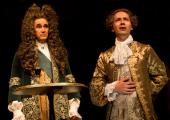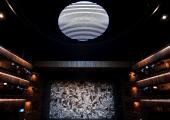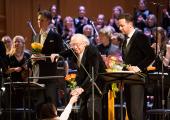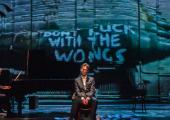Iestyn Davies, Aurora Orchestra, Collon, Kings Place review - Elizabethans and extraterrestrials
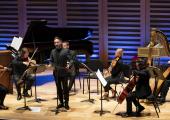
Four centuries of London's musical life anchored by a star counter-tenor
Music in London has faced down plagues, puritans, philistines and planners over the four centuries spanned by the Aurora Orchestra’s season-opener at Kings Place on Saturday. This concert in the venue’s “London Unwrapped” strand filled its main hall without distancing for the first time since the capital’s (and the world’s) latest pandemic struck.

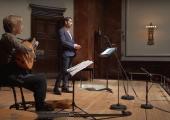
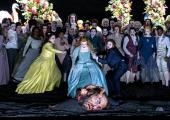
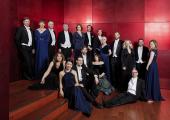
 The Secret Mass: Choral works by Frank Martin and Bohuslav Martinů Danish National Vocal Ensemble/Marcus Creed (OUR Recordings)
The Secret Mass: Choral works by Frank Martin and Bohuslav Martinů Danish National Vocal Ensemble/Marcus Creed (OUR Recordings)
